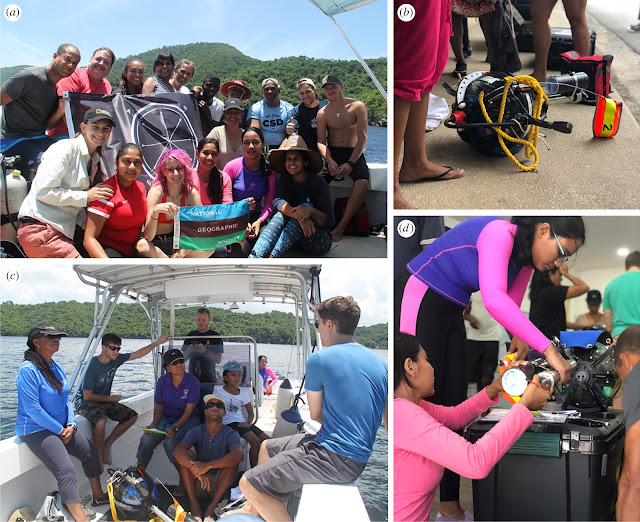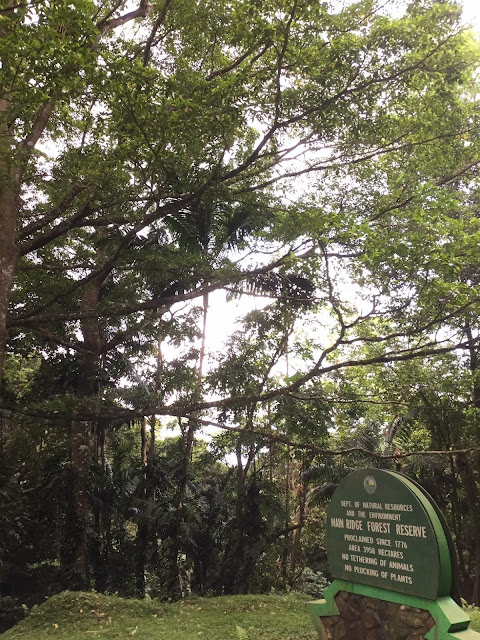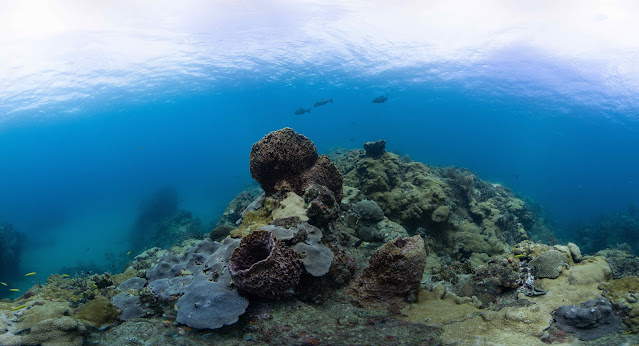My Deep Sea, My Backyard

An innovative project to estimate interest and build capacity in deep ocean exploration was launched in 2019, piloted by Dr Diva Amon, leading Deep Sea Biologist in ocean exploration and conservation from Trinidad and Tobago. She has recently co-authored and published the results of the study conducted in two island nations, Trinidad and Tobago and Kiribati. Dr Anjani Ganase reports. This is the UN Decade of Ocean Science for Sustainable Development in which we expect plans for better ocean conservation and management, and better ideas for sustainable blue economies. On paper such ideas seem simple enough, but the concept of sustainability is heavily dependent on the ability to carry out local research to inform plans for protection and sustainable management. Our ocean is our biggest resource, yet it is the least explored, and mostly unknown. It is a major source of provision – food, medicines - but more than this, it regulates our climate and weather patterns crucial for agricu


